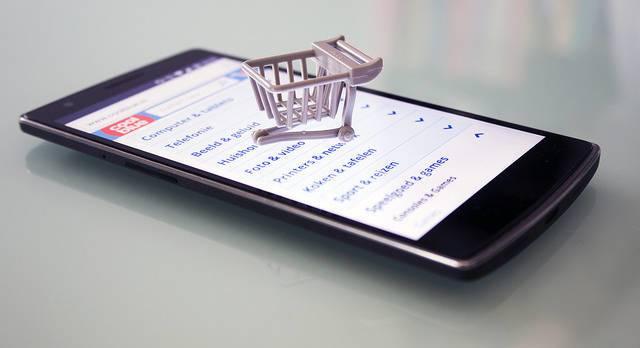
Wednesday might have seemed like just another day on the internet, but it was far from it. Companies from dozens of industries lent their private and public spaces to underscore a critical message: Net neutrality is essential if the federal government wants industries to stay in business. Take away net neutrality by stripping Title II, and American commerce will suffer.
OK, that wasn't the gist of what most companies talked about, but maybe it should have been
More than 150 companies known for their global impact weighed in on Net Neutrality Day to tell us why doing away with regulations that protect consumers' rights to a fair and balanced access to the web would really hurt.
The explanations addressed issues that ranged from the potential throttling of bandwidth and buffering of videos to the power of mega-size internet service providers to "ban" or restrict a viewer's access to a competitor's services and sites. Tim Berners-Lee, widely credited with conceptualizing the "wide world web" model of the internet, shared his fears in a video that "if we lost net neutrality, we lose the internet as we know it."
https://youtu.be/5Gh0NIQ3yd0
Google, as promised, posted a policy notice on its blog supporting laws that protect equal access. But its search page was absent of any real partisan opinion on the issue.
Facebook's CEO Mark Zuckerberg and COO Sheryl Sandberg both posted comments on their personal Facebook pages expressing support for an internet that "gives voice to those who might not otherwise be heard."
Dozens of other big and small companies waded into the fight as well, focusing their concerns on what less access would mean to personal usage. Reddit posted a message to remind readers just what could happen if access was determined by how much users paid. "The internet's less fun when your favorite sites load slowly, isn't it?” it quipped.
Most, but not all, provided links to Battle for the Net website where consumers could send messages to the Federal Communications Commission and Congress.
As a writer who makes her living from the internet, it struck me that while there was a lot of talk about personal experience and equal access for users, there was little, if any discussion about what scenarios like those described, in which ISPs could throttle access, charge huge prices for "premium" services and decide what we could view would mean to U.S. businesses. Openinvest sent out emails to remind consumers that they could divest from those companies that didn't support net neutrality. But like other companies, it didn't discuss the financial impact that the FCC's plan to disassemble Title II protections could have on companies that individuals might invest in
One in five consumers in the world are estimated to have shopped online in the past 30 days, according to We Are Social. That's a significant impact, especially if you consider that as many as 1 billion people globally don't have internet access.
Big Commerce drilled down a little deeper recently to determine just what that means when it comes to U.S. markets. Their study, which was run in partnership with Kelton Global, found that 51 percent of Americans actually prefer to shop online and 80 percent made purchases within the past month. The bulk of those purchases are made by Millennials and and Gen Xers, who spend a third more time shopping online than Baby Boomers.
When it comes to what encourages people to shop online, the internet wins out again: 23 percent of shoppers are wooed by social media, seeking out recommendations and reviews online as important ways to decide where to spend their money. Online shoppers are also skittish about paying high prices for shipping. More than 65 percent admit they'll reconsider shopping online if it's going to cost them more money to get the item.
And the kicker: According to Big Commerce's and Kelton Global's study, 21 percent -- almost a quarter of internet users -- will be turned off by hard to navigate, slow or inaccessible websites that get in the way of their decision to purchase a product.
While those stats only address the value of online shopping access, it's pretty clear that with e-commerce growing 23 percent year-over-year, keeping the playing field even and free when it comes to consumer internet access isn't just something that builds personal experience. It keeps customers coming back to their favorite venue and keeps today's businesses sustainable.
Flickr image: Robbert Noordzij
Jan Lee is a former news editor and award-winning editorial writer whose non-fiction and fiction have been published in the U.S., Canada, Mexico, the U.K. and Australia. Her articles and posts can be found on TriplePundit, JustMeans, and her blog, The Multicultural Jew, as well as other publications. She currently splits her residence between the city of Vancouver, British Columbia and the rural farmlands of Idaho.














